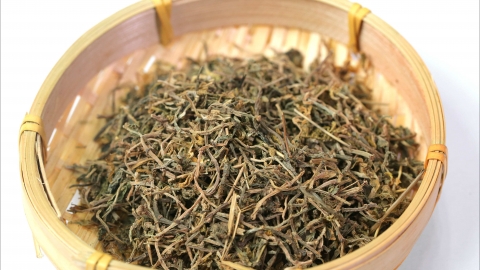Can patients with hyperthyroidism take Sedum sarmentosum (also known as "Chuí Pén Cǎo")?
Hyperthyroidism usually refers to hyperfunction of the thyroid gland. Whether patients can consume Sedum sarmentosum (also known as "垂盆草") depends on the individual patient's physical condition. The analysis is as follows:

Patients with hyperthyroidism may consume Sedum sarmentosum under certain conditions. Sedum sarmentosum is a common traditional Chinese herb that has effects of clearing heat, detoxifying, relieving dampness, and reducing jaundice. If a patient with hyperthyroidism simultaneously experiences symptoms such as jaundice or difficult urination caused by damp-heat, and a professional TCM physician determines the patient's constitution is suitable, appropriate consumption of Sedum sarmentosum may help alleviate symptoms and support body regulation.
However, not all patients with hyperthyroidism are suitable for consuming Sedum sarmentosum. Sedum sarmentosum is cool in nature, and if the patient has a cold deficiency condition of the spleen and stomach, its consumption may further burden these organs, causing discomfort such as abdominal pain and diarrhea. Moreover, Sedum sarmentosum may interact with medications used to treat hyperthyroidism, affecting drug efficacy or causing adverse reactions. In such cases, consuming Sedum sarmentosum blindly may be harmful to health.
When considering consumption of Sedum sarmentosum, it is essential to follow professional medical advice to determine whether it is appropriate and the correct dosage.






